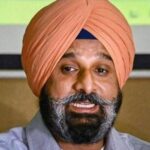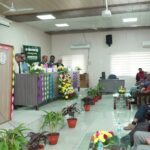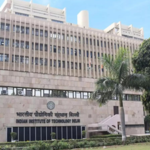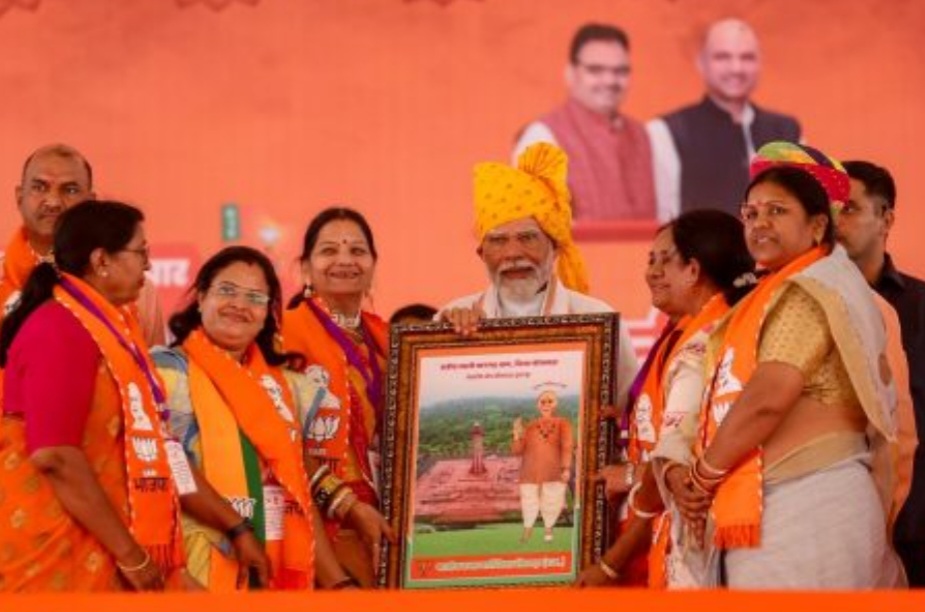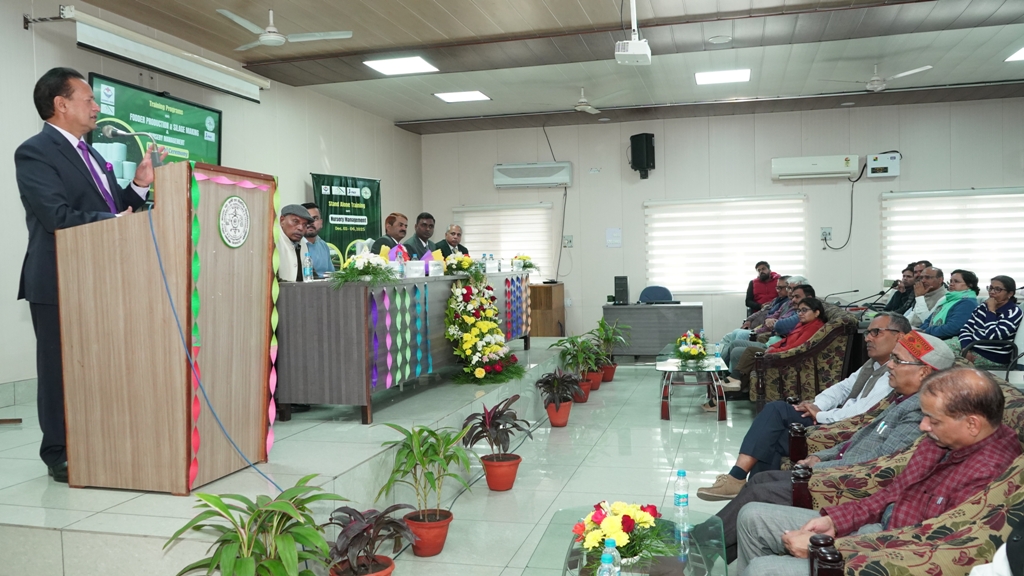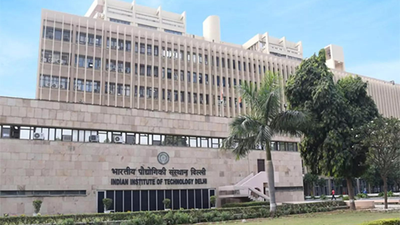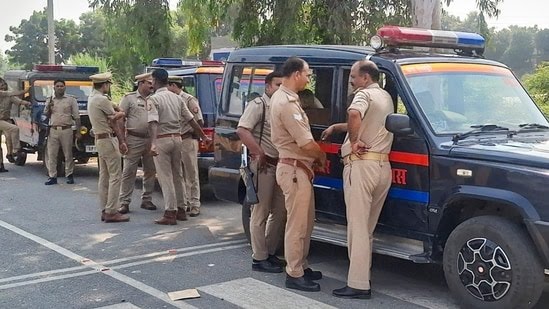Himalaya Harbinger, National Bureau.
Prime Minister Narendra Modi’s recent speech at an election rally in Rajasthan has stirred significant controversy, drawing widespread criticism for its divisive rhetoric. Addressing the crowd, Modi made inflammatory remarks targeting Muslims, alleging that the opposition would redistribute wealth among them, sparking concerns about communal tensions and political polarization.
During his speech, Modi referred to Muslims as “infiltrators” and insinuated that the opposition’s victory would lead to Hindu wealth being transferred to Muslims. He accused the Congress party of advocating for such redistribution, claiming that they prioritize Muslims over other sections of society.
Critics have condemned Modi’s comments as misleading and aimed at fueling communal divisions for political gain. They argue that such rhetoric undermines India’s secular fabric and exacerbates societal tensions.
Responding to Modi’s allegations, Congress leader Rahul Gandhi clarified that his party’s manifesto focuses on addressing wealth inequality and social justice, rather than favoring any specific community. He emphasized the importance of equitable distribution of resources to uplift marginalized groups, including minorities.
Political analysts have noted a shift in Modi’s campaign strategy, suggesting that the Prime Minister’s divisive speech reflects a sense of nervousness within the ruling Bharatiya Janata Party (BJP). With the ongoing elections marked by localized issues and increased scrutiny of the government’s performance, Modi’s resort to communal rhetoric signals a departure from his earlier emphasis on development.
Despite attempts to rally support by invoking Hindu-Muslim tensions, some experts question the effectiveness of Modi’s strategy. They argue that such divisive tactics may alienate moderate voters and fail to address pressing concerns such as economic challenges and governance issues.
As the election campaign intensifies, the controversy surrounding Modi’s speech underscores the broader debate over the role of religion and identity politics in Indian democracy. With the electorate closely scrutinizing political narratives, the impact of divisive rhetoric on electoral outcomes remains uncertain.
In light of these developments, stakeholders across the political spectrum emphasize the need for responsible discourse and constructive engagement to ensure a fair and inclusive electoral process.

